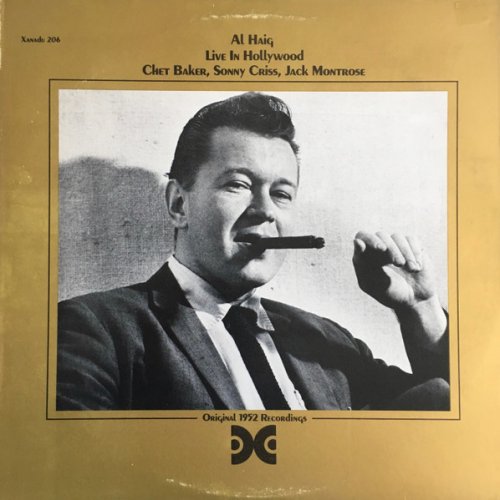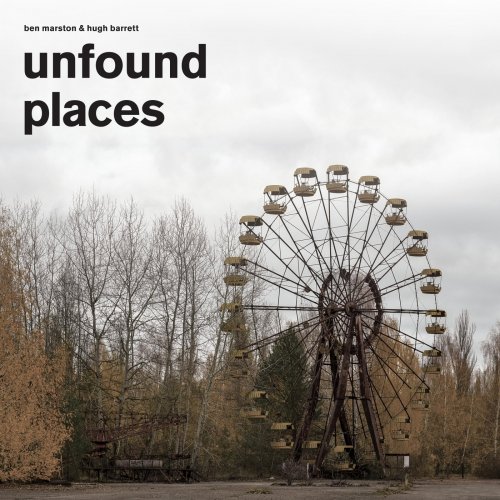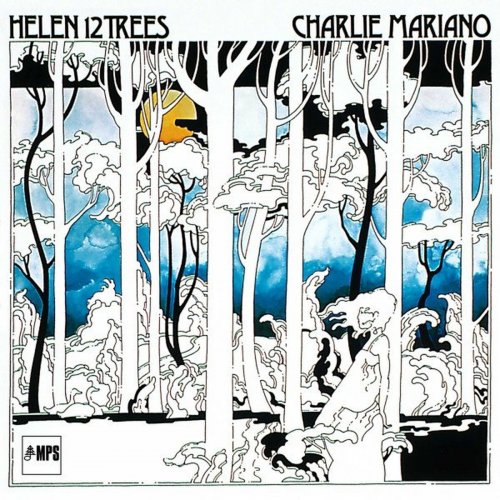ZRI - Café Danube (2024) [Hi-Res]
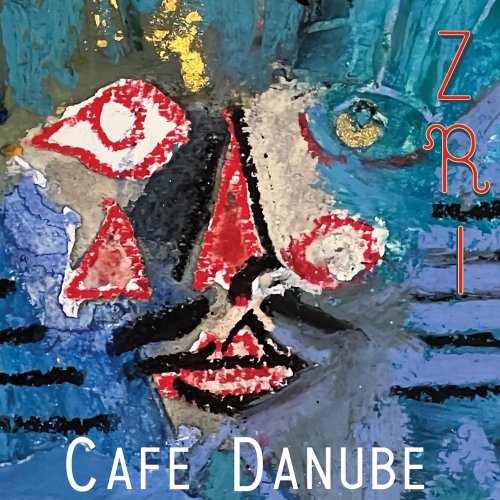
Artist: ZRI
Title: Café Danube
Year Of Release: 2024
Label: Naxos World Music
Genre: Classical
Quality: flac lossless (tracks) / flac 24bits - 96.0kHz +Booklet
Total Time: 00:55:58
Total Size: 310 mb / 1.11 gb
WebSite: Album Preview
TracklistTitle: Café Danube
Year Of Release: 2024
Label: Naxos World Music
Genre: Classical
Quality: flac lossless (tracks) / flac 24bits - 96.0kHz +Booklet
Total Time: 00:55:58
Total Size: 310 mb / 1.11 gb
WebSite: Album Preview
01. Mozart Rondo alla Turca
02. Keler Bartfai emlek Csardas Egri Csardas
03. Abdulaziz Hicazkar Sirto
04. Satie Gnossienne no.1
05. Rossini William Tell Overture Finale
06. Kreisler Liebesleid
07. Schubert Erlkonig
08. Strauss jr. Pizzicato Polka
09. Brahms Rondo alla Zingarese, from G Minor Piano Quartet op.25
10. Riszner Tolnai Lakodalmas Csardas
11. Chopin Waltz in A Minor, op.342
12. Skalkottas Kleftikos Sirto
13. Radics Megallok a keresztutnal Maros vize folyik csendesen
14. Dvorak Furiant, from Symphony no.6
15. Schubert Impromptu in Gb Major, op.903
Café Danube by ZRI brings forth Vienna’s deep musical ties to the Danube River. Vienna celebrated the Danube as a symbol of its cultural and commercial life in the 19th century as an international waterway, connecting nine countries. The largest river shipping company before 1900, based in Vienna, operated over a thousand vessels along this route, reaching as far as Romania. This river was the lifeblood of trade, bringing goods from Odessa and the Black Sea.
The Danube also brought people to Vienna, transforming it from a walled city into a bustling metropolis by the late 19th century. Among the newcomers were Hungarian Romani musicians, who captivated Vienna with their spontaneous performances, often learned by ear without sheet music. Their renditions of popular works by Rossini, Strauss, and even long operas amazed and puzzled audiences, sometimes leading to “scientific” tests to ensure they weren’t cheating.
This suspicion reflected a broader unease with their unrestrained musical style. As one 1860 newspaper put it, Romani music was like a force of nature, irresistible and overwhelming. As a consequence, Romani had a deep influence on Vienna’s music scene.
Rossini’s “William Tell” overture was an unexpected but popular choice among Romani bands, particularly the virtuoso János Horváth. Horváth, who played the cymbal (a precursor to the cimbalom), became famous in Vienna, partly due to his heroic rescue of a sailor from the Danube. His son, József, followed in his footsteps and even played for the Shah of Iran during a diplomatic journey in 1889, recreating a similar voyage made by Sultan Abdülaziz in 1867.
Café Danube includes “Hicâzkâr Sirto,” a piece likely played during these historical events, as well as “Rondo alla Turca” by Mozart. Additionally, the album features pieces by Béla Kéler and Miklós Konkoly-Thege, whose works were famously incorporated into Brahms’s Hungarian Dances. Kéler’s “Bártfai emlék Csárdás” and Konkoly-Thege’s “Egri Csárdás” are presented here, following a 1908 recording that, frustratingly, credited them as “Hungarian Traditional March.”
Other tracks include “Tolnai Lakadalmas Csárdás,” a medley of wedding tunes from Tolna, and Brahms’s “Presto alla Zingarese” from his G minor piano quartet. Brahms was a regular at Vienna’s “Csarda” tavern, where he was influenced by the Romani bands. ZRI’s adaptation reflects this spirit of spontaneous learning by ear, which also applies to their arrangements of pieces by Schubert, Strauss, and Fritz Kreisler.
ZRI presents a fascinating modern take on western classical traditions. ZRI (Zum Roten Igel) is a group of five world-class musicians who bring their collective experience in western classical music, improvisation, and cross-cultural ethno collaboration into a unified, radical approach. Their virtuosic performances aim to recreate the intensity and freshness of classical music as it was when new. The ensemble’s past works include re-imagined versions of Brahms and Schubert compositions, as well as creative projects that intertwine genres, such as their third album Cellar Sessions, which features interpretations of music ranging from Bach to Taylor Swift.
![Akram Abdulfattah - Taqasim Kaman (2026) [Hi-Res] Akram Abdulfattah - Taqasim Kaman (2026) [Hi-Res]](https://www.dibpic.com/uploads/posts/2026-01/1769093555_cover.jpg)
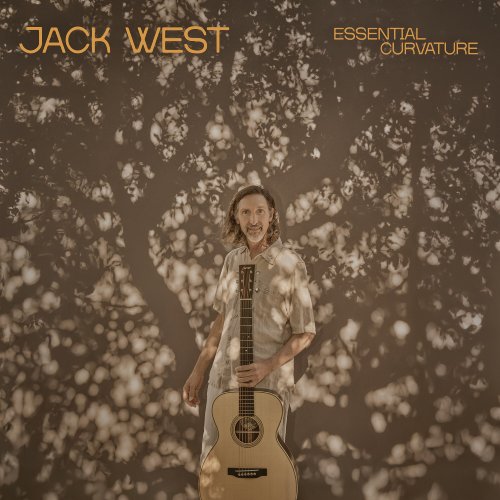
![John Ellis & Double Wide - Fireball (2026) [Hi-Res] John Ellis & Double Wide - Fireball (2026) [Hi-Res]](https://www.dibpic.com/uploads/posts/2026-01/1769024773_gle3eu5z1g2du_600.jpg)
![Rodi Mendes - Entre Ilhas (2026) [Hi-Res] Rodi Mendes - Entre Ilhas (2026) [Hi-Res]](https://img.israbox.com/img/2026-01/22/62rm9z1a14h9jhxbgrj1af1d6.jpg)
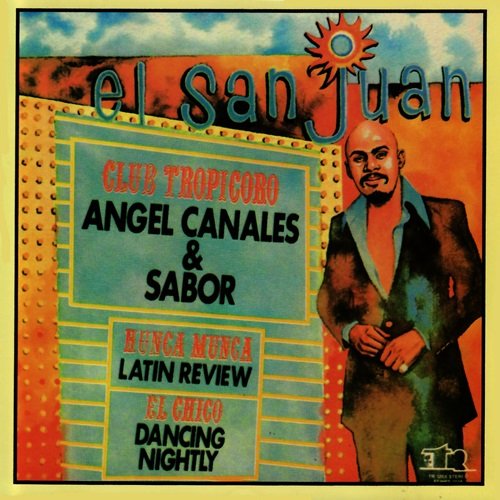
![Bobby Hawk - Westward Leaning (2025) [Hi-Res] Bobby Hawk - Westward Leaning (2025) [Hi-Res]](https://www.dibpic.com/uploads/posts/2026-01/1769246597_cover.jpg)
